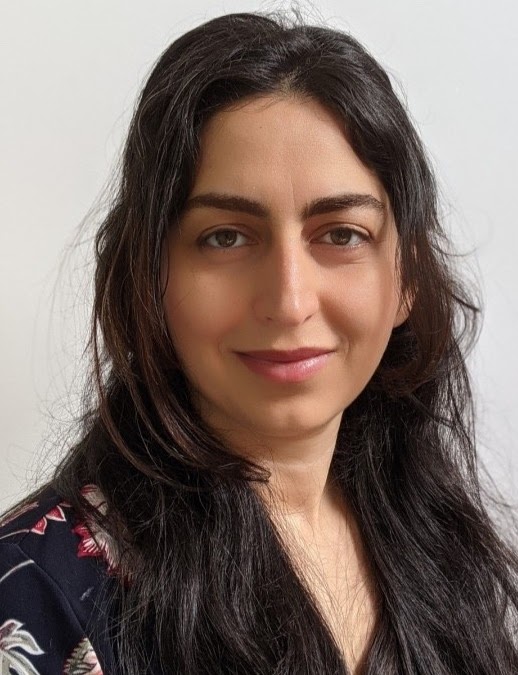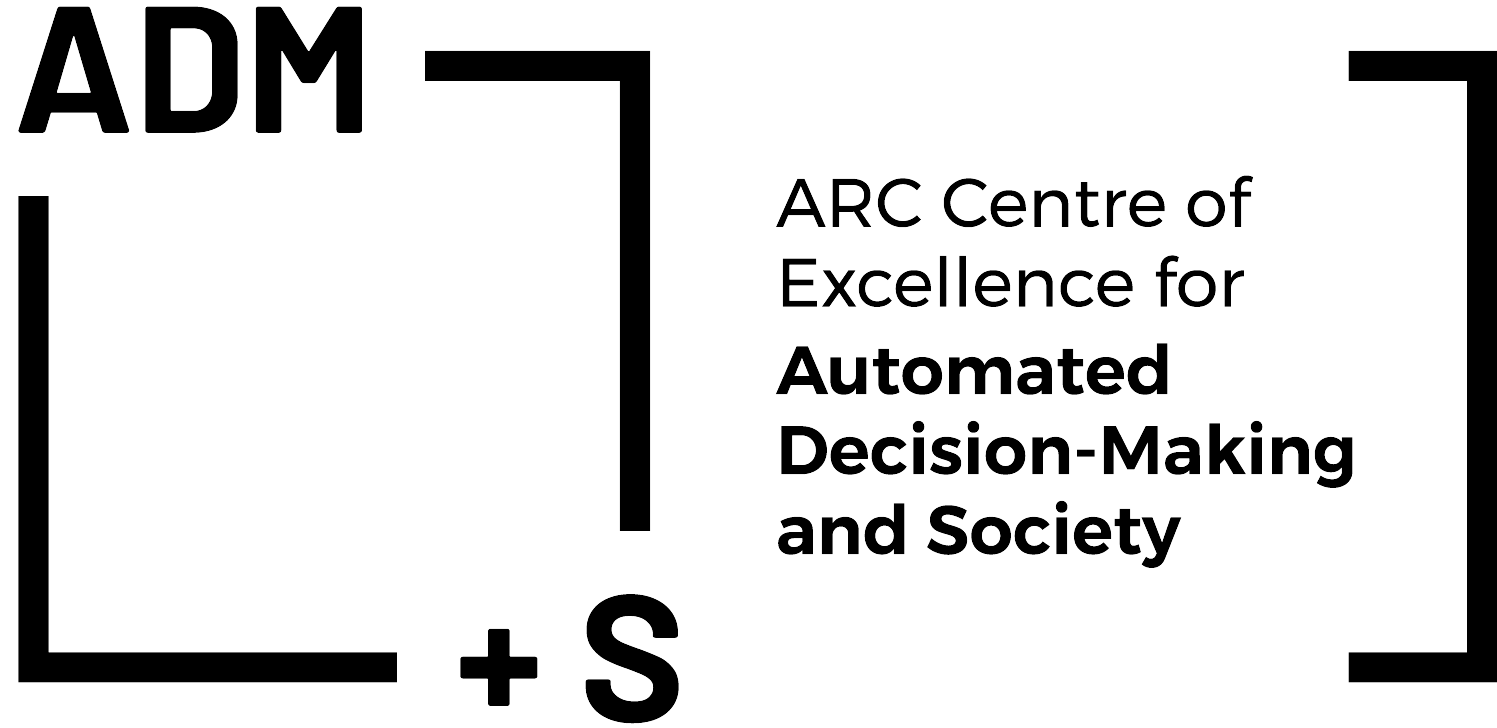Keynote
Dr. Mahsa Salehi, Monash University

Title: Advanced methods for EEG Representation Learning and EEG Classification
Abstract: In this talk, I will present our latest methods for extracting rich information from EEG (electroencephalogram) data, one of the key physiological modalities for quantifying cognitive activity. A major challenge in EEG analysis is dealing with noise, and I will introduce a novel approach that effectively learns informative representations while maintaining robustness to noise. These robust representations can be applied to various downstream tasks, including the analysis of cognitive activities in the human brain. The second part of the talk will focus on another innovative method for classifying EEG signals in a specific application—measuring affective and motivational states as conditions for cognitive and metacognitive processes in self-regulated learning. Together, these advancements demonstrate the potential of EEG-based techniques for providing deeper insights into the human brain.
Bio: Mahsa Salehi is a Senior Lecturer and Deputy Director of Engagement in the Department of Data Science and AI at Monash University, Australia. She holds a PhD in Computer Science from the University of Melbourne and was previously a postdoctoral researcher at IBM Research Australia. Her research spans data mining and machine learning, with a focus on multi-dimensional time series analysis, anomaly detection, non-stationary distributions, and brain-inspired machine learning. Mahsa serves as an associate editor for Transactions on Knowledge Discovery from Data and has received multiple awards, including the ICDM 2022 Best Paper Runner-Up and the SIG KDD 2024 Appreciation Award. In 2016, she was recognized among the "Top 200 Most Qualified Young Researchers in Computer Science and Mathematics" by the Heidelberg Laureate Forum Foundation.

